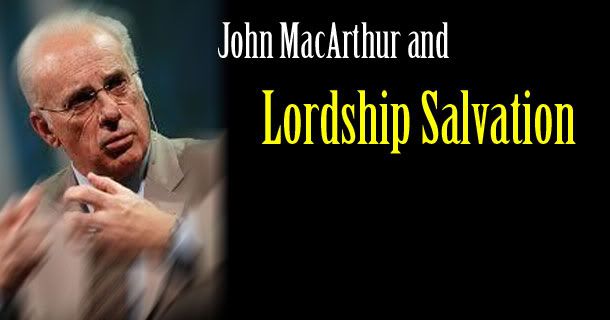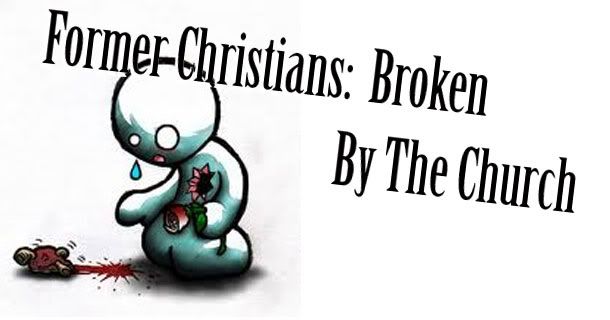Recently, because of much of the studying of scripture and history I've been doing, I visited a Lutheran Church, specifically a Missouri Synod church. For those who don't know the difference, there is the mainline Lutheran World Federation, but there are several smaller "synods" that are autonomous from the Mainline churches.
I did a bit of research, looking for a church whose practice was as close to what it would have been like back in the reformation times. They have a liturgy, an old testament reading, a gospel reading, an epistle reading, a sermon, a reading of the Nicene creed, the Lord's Prayer, and the Lord's supper... Every sunday!
Without getting into detail about the church itself, I thought I'd describe the way thier service goes. The first thing I noticed that's different is once the service starts, they don't stop for any reason. Kids get up and run around? The pastor continues the service. Lighting problems? They go on anyway. The second thing I noticed is in the liturgy, they have a heavy definition of sin. Just read this...
Forgive my sins.
Forgive me the sins of my present and the sins of
my past,The sins of my soul and the sins of my body; the sins I have done to
please myself and the sins which I have done to please other.
Forgive me my careless and idle sins;
forgive me my serious and deliberate sins.
Forgive me those which I know and those sins
which I know not, the sins which I have so labored to hide from others that I
have hid them from my own memory.
Forgive them all, O Lord, and of Your great mercy
let me be absolved.
By the power of Your Holy Name, deliver me from
the bonds of all that by my frailty I have committed, for the sake of Christ
Jesus, our Lord. Amen
This is way different than what I hear in my own church. Sins that we have blotted from our memory? Desparate to hide them?
The old testament reading was from 1 Kings 3:5-12. The epistle reading was from Romans 8:28-30...
And we know that God causes all things to work together for good to those
who love God, to those who are called according to His purpose. For those whom
He foreknew, He also predestined to become conformed to the image of His Son, so
that He would be the firstborn among many brethren; and these whom He
predestined, He also called; and these whom He called, He also justified; and
these whom He justified, He also glorified.
What then shall we say to these things? If God is for us, who is against
us?
With this and Matthew 13:44-52, the sermon was on God's larger purpose. The message was clean and pure, no testimonies by the pastor about what movies he's seen or books he'd read. No lecturing or disecting the text into strongs definitions. Just a pure word given as comfort to those struggling as Job struggled with the why's and wherefore's of God's redemptive purposes.
Then came "the long prayers". This consisted of the pastor praying for the various requests... With something added that I really came to like. In between each prayer for each person's need, the pastor would say "Lord, in your mercy", and the congregation would reply, "hear our prayer". This ensured that at least I was paying attention, and I'm sure that's one of the reasons for this.
After the offering was collected, came the service of Holy communion. Now, what immediately stood out here was that the pastor spoke God's word over the service...
Luke the Evangelist wrote of our risen Savior
that when he was at the table with the disciple from Emmaus, he took bread and
blessed it, broke it and gave it to them. Then thier eyes were opened and
they recognized him, that they may share in the feast he had
prepared...
On the night when HE was betrayed, our Lord took
bread, gave thanks, broke it, and gave it to his disciples, saying, "Take, eat;
this is my Body, which is broken for you. Do this in rememberance of
me." In the same way he also took the cup after supper, and when he had
given thanks he gave it to them saying, "drink of it, all of you; this cup is
the new testament in my Blood, which is poured out for the forgiveness of
sins. Do this, as often as you drink it, in rememberance of me."
Therefore, remembering his death, believing in his rising from the grave,
affirming his presence no, in this place, we obey his command and wait the gift
of himself...
The Lord's prayer is recited, and the distribution begins. First helpers, ushers and the like go up and take the supper, then they in turn help distribute to the rest of the congregation. As each row recieves the bread and wine, the pastor tells them, "recieve the body of Christ" and "recieve the blood of Christ, poured out for the remission of sins"... Then he says this: "
The body and blood of our Lord Jesus Christ strengthen and preserve you in
body and soul unto life everlasting. Depart in peace.."
The last person to take the supper is the pastor, who steps down and is given the supper by the first elder to recieve... signifying, I believe, that the pastor needs the supper as much as everyone else.
But what's interesting here after the supper was "the benediction"... the declaration that our sins are forgiven.
The peace of God, which passes all understanding, Keep
our hearts and minds in the knowledge and love of God and of His Son Jesus
Christ, our Lord; And the blessing of God almighty, the Father, the Son,
and the Holy Spirit, be among you and remain with you alway.
That last word isn't a typo. It's saying that your path shall continue on the narrow way, rather than "all ways".
I like this type of service. It's very focused, is WAY shorter than at my church, which tops out on sunday mornings at 2 plus hours. After the service, they always adjourn to the fellowship hall for coffee and cakes (or fresh veggies!), and everyone has a great time.
And I had a great time. Some people might call this "quaint". But it was refreshing.







 6:51 AM
6:51 AM
 Matthew
Matthew

